3D Sound
Demonstration
AppleMusic Playlists
Tech Demo

Jinari
A spatial sound content in collaboration with calligrapher Koga Nakamura. It was produced in Dolby Atmos and you can sense various motion and localization of sounds.
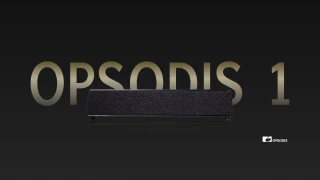
Immersive Sound from OPSODIS
A spatial sound content produced by sound producer Edison Watanabe. Experience the new approach to music that expresses a 360°space.
Music, Dialogue, Narration, Singing, and sound produced by Edison Watanabe
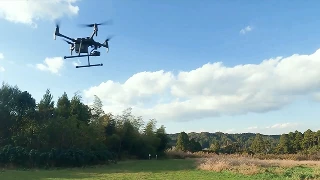
Drone Flight
Experience the precise movement and positioning of a drone as it flies through space.
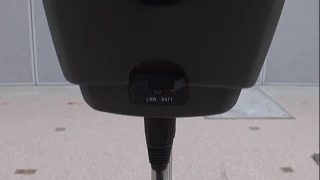
RC Car Circling
An RC car goes around the binaural microphone. Enjoy a full 360° spatial audio effect, as if the car is circling around your feet.
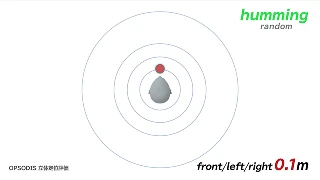
Humming
A woman hums toward the binaural microphone from various directions. You can clearly sense sound localization, distance, and the closeness of her voice around your ears.
Music (Pop)

Swallowtail
A spatial audio content by YUKI the vocalist from UQiYO's. Produced in Dolby Atmos and you can experience the new approach for music production, such as the sound rotating 360°.
For more information about UQiYO, please click here.
https://uqiyo.com/news/
Music (Classical)

Bach: Jesu, Joy of Man’s Desiring (String Quartet)
A 3D sound performance by members of the NHK Symphony Orchestra,
Recorded using the 22.2-channel technique to deliver precise instrument positioning and an expansive sound field.

Mozart: Flute Quartet No. 1 in D Major, K.285
A 3D sound performance by members of the NHK Symphony Orchestra,
Recorded using the 22.2-channel technique to deliver precise instrument positioning and an expansive sound field.

Over The Wings
A spatial audio content produced in Dolby Atmos by a pianist Alberto Pizzo. Experience the high-quality and enveloping music of piano and cello set against the backdrop of forest sounds.
For more information about Alberto Pizzo, please click here.
https://albertopizzo.com/
Ambient Sounds

Yakushima Amniotic Fluid
Created by nature sound artist Joe Okuda, this piece evokes the sensation of being at the edge of a tranquil body of water.
For more information about Joe Okuda, please click here.
http://www.joeokuda.com/title/hr-yakushima

Seaside Station
This binaural audio content recreates the atmosphere of a “Seaside Station,” where the ocean stretches out before you and a train passes gently behind. Enjoy a soothing soundscape woven from the sounds of waves, seagulls, and a calm piano melody.
Produced by XEBEC CORPORATION
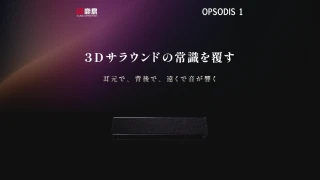
Shinden Sansho ~ Tsukikage
A spatial sound content by a shinobue player Edison Watanabe. Enjoy the music of the shinobue lying in a pleasant reverb.
Shinobue solo composed by Edison Watanabe.
Arranged, played, and sound produced by Edison Watanabe
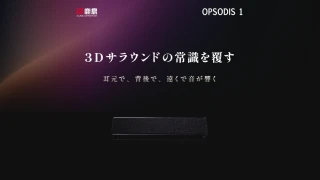
Shinden Sansho ~ Air on the G String
Another spatial audio piece by Edison Watanabe, featuring a shinobue solo version of Johann Sebastian Bach’s Air on the G String. The soft reverberation highlights the delicate tones of the instrument.
For more information about Edison Watanabe, please click here.
Immersive Deep Trance Project (I.D.T.P) on YouTube : https://www.youtube.com/@I.D.T.P.
Home page : https://www.showonjapan.com/home
Other

Mirai no Kajima
The TV commercial "Mirai no Kajima" by Kajima Corporation, produced in Dolby Atmos, is a spatial sound content. You can experience the localization, movement, and expansiveness of sound.
OPSODIS®(Optimal Source Distribution) is a spatial sound reproduction technology jointly developed by Kajima Corporation and the Institute of Sound and Vibration Research at the University of Southampton.
Here, we introduce a variety of spatial audio content designed for playback on OPSODIS 1.
Please enjoy the immersive sound experience provided.
To listen, connect your device (such as a smartphone or PC) to OPSODIS 1 via Bluetooth, USB-C, or analog input. We recommend using SOUND 1 (Narrow mode) or SOUND 2 (Wide mode) for optimal spatial audio effects.
* SOUND 3 is a simulated stereo mode and may have a reduced spatial effect.




